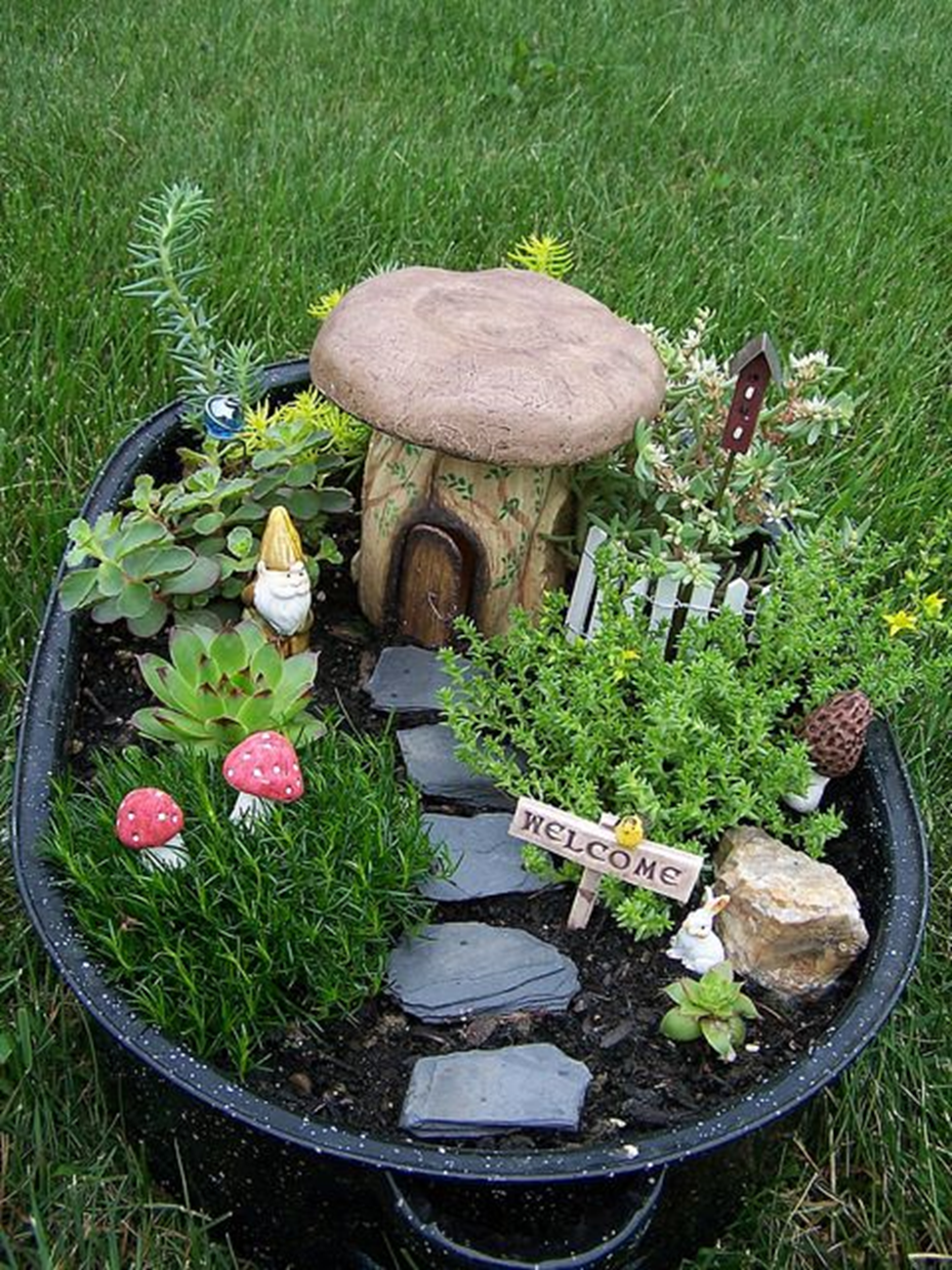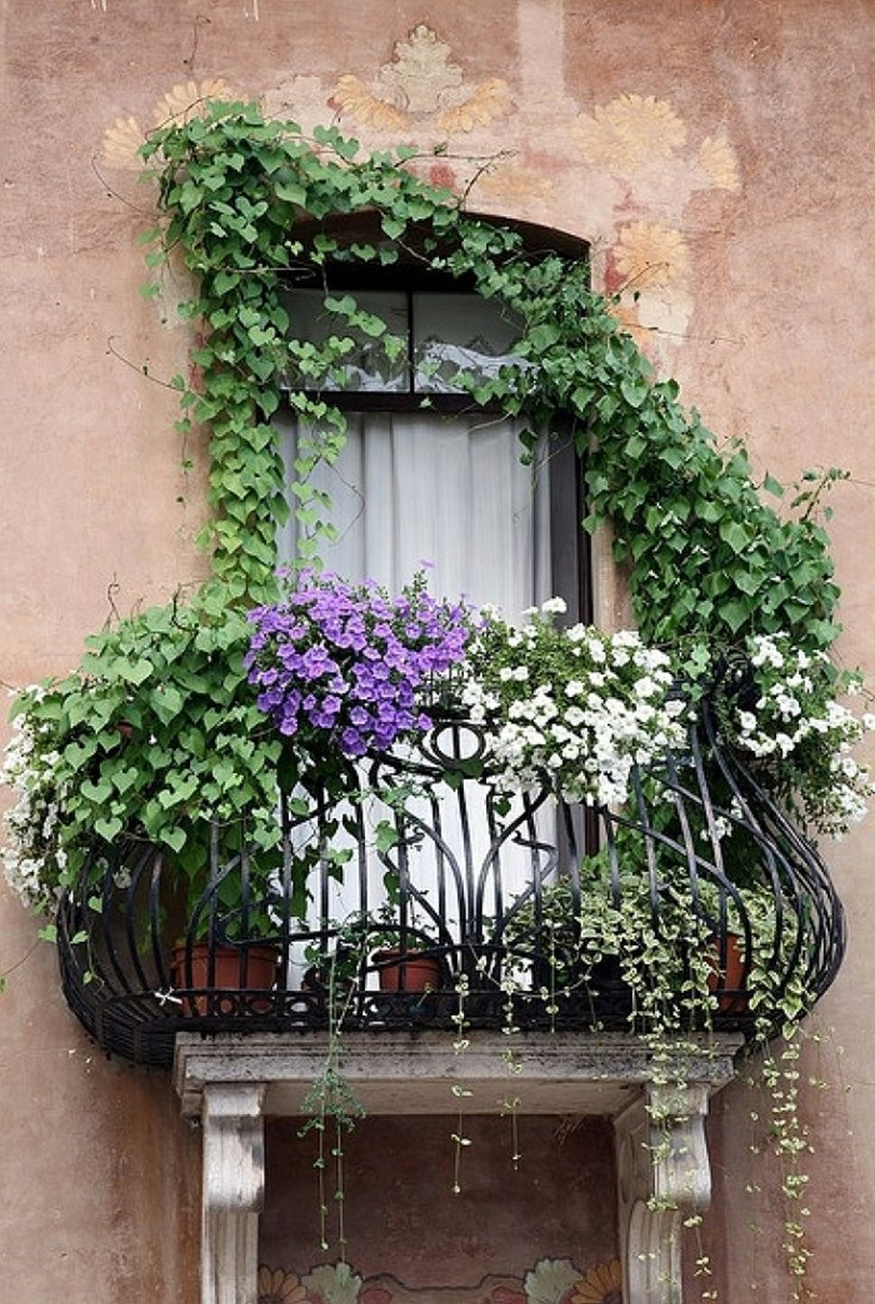Nature's Rx: How Immersing Yourself in the Outdoors Boosts Mental Well-Being
- Elena Davydova, MSW

- Aug 14, 2023
- 4 min read
Updated: Sep 26, 2023
In the modern hustle and bustle of life, it's easy to overlook the profound impact that nature can have on our mental well-being. The soothing embrace of natural landscapes, the gentle rustle of leaves, the vibrant colors of flowers – these elements hold a unique ability to heal and rejuvenate our minds.
Research has consistently highlighted the therapeutic effects of spending time in nature. A study published in the journal "Scientific Reports" found that spending at least 120 minutes per week in natural environments was associated with improved well-being and mental health. Exposure to nature has been linked to reduced stress levels, lowered anxiety, enhanced mood, and even improved cognitive function.

Credit: https://www.coolnsmart.com/quote-a-walk-in-nature-walks-135341/
Nature acts as a balm for the soul, aiding in the healing process for a range of mental health concerns. The tranquility and beauty of green spaces can alleviate symptoms of depression, while the rhythmic sounds of flowing water or birdsong can provide respite from anxiety. Time spent in nature encourages mindfulness and a sense of presence, allowing us to escape the constant barrage of thoughts and immerse ourselves in the present moment.
Bringing nature into our daily routines doesn't require a complete retreat to the wilderness. Simple practices can significantly enhance our connection to the natural world. Adding indoor plants to our living spaces not only purifies the air but also fosters a sense of nurturing and connection to the Earth. The sounds of nature, whether the gentle rustling of leaves or the soothing pitter-patter of rain, can be harnessed even within the confines of our homes. Apps and recordings that mimic natural sounds can create a calming atmosphere, providing a serene backdrop for work or relaxation.
Research suggests that exposure to "green spaces," such as parks and forests, and "blue spaces," such as lakes or oceans, can have distinct mental health benefits. The color green is associated with calmness and renewal, while blue hues evoke feelings of serenity and expansiveness. Incorporating these colors into our living spaces or taking regular trips to natural settings can enhance our well-being. Here are some ways to interact and be in nature beyond the tried-and-true hiking and walking.
1. Gardening: Cultivate a garden, whether it's a full outdoor plot, a window box, or indoor potted plants. Nurturing plants can provide a sense of accomplishment, a connection to the Earth, and a calming routine. If you believe you don’t have a green thumb try adding some dried flowers and greenery to your indoor space. Growing an herb garden on a kitchen windowsill is another great way to bring more nature to your house and more flavor into your cooking.

Credit: https://www.hgtv.com/outdoors/landscaping-and-hardscaping/how-to-plant-a-kitchen-herb-garden
2. Morning Altars: Create a temporary outdoor art installation using natural materials like leaves, flowers, and stones. The act of arranging these elements mindfully can help you start the day with a sense of creativity and appreciation for nature. You can get inspiration and ideas from this book https://www.amazon.com/Morning-Altars-Practice-Nourish-through/dp/168268251X/ref=sr_1_1?crid=6XEN1EREEARM&keywords=morning+altars+day+schildkret&qid=1691745853&sprefix=morning+altar%2Caps%2C335&sr=8-1


3. Indoor Miniature Gardens: Design and create your own miniature garden inside a flower pot. This allows you to bring the lushness of nature indoors and engage in a mindful and artistic activity.

4. Mindful Nature Walks: Take slow and deliberate walks in natural settings. Pay close attention to your surroundings, focusing on the textures, colors, and sounds of nature. Practicing mindfulness in nature can help reduce stress and anxiety. Learning from the young - children possess an innate connection to nature that tends to diminish as we grow older. Kids’ sense of wonder and curiosity can teach us to slow down, observe, and appreciate the world around us.
5. Beach in a Box: Create a miniature beach scene using sand, seashells, and small decorations. Running your fingers through the sand and arranging the elements can simulate the calming sensation of being by the ocean.
6. Nature Soundscape: Play recordings of nature sounds, such as birdsong, flowing water, or rustling leaves. These calming sounds can create a soothing atmosphere at home and help reduce stress.
7. Forest Bathing: Spend time in a forest or wooded area and engage in "Shinrin-yoku" – the Japanese practice of immersing yourself in the forest atmosphere. Breathe deeply, observe the surroundings, and let nature's tranquility wash over you.
8. Winter Nature Activities: Embrace the winter months by engaging in activities like snowshoeing, ice skating, or building snow sculptures. These outdoor pursuits help you appreciate the unique beauty of the season while staying active. If high level activity is not appealing, try drawing on snow with watercolors, adding food coloring to water and freezing it into colorful shapes, making ice lanterns and even ice forts and sculptures.



Credit: https://midwesthome.com/outdoor-living/ice-globe-lanterns-made-easy/
9. Bird Watching: Set up a bird feeder near a window and observe the different bird species that visit. Bird watching can foster a sense of connection to the natural world and provide moments of relaxation.
10. Nature Journaling: Keep a journal to record your thoughts, observations, and feelings while spending time outdoors. This practice encourages self-reflection and can deepen your appreciation for nature's impact on your mental well-being.
11. Outdoor Yoga or Meditation: Practice yoga or meditation in a natural setting, such as a park or garden. The combination of movement, mindfulness, and fresh air can promote relaxation and inner peace.

12. Cloud Watching: Lie on your back and gaze at the sky, observing the shapes and patterns of the clouds. This simple activity encourages a sense of wonder and encourages you to slow down and enjoy the present moment.
13. Nature Photography: Take up nature photography as a hobby. Capturing the beauty of the outdoors through your camera lens allows you to focus on details and find artistic inspiration in the natural world.

Remember, the key is to find activities that resonate with you personally and allow you to connect with nature in a meaningful way. Experiment with different approaches to see what brings you the most joy, peace, and mental well-being.
Nature's healing touch is a gift accessible to us all. Whether through simple walks, immersive hikes, or the serenity of indoor plants, nature holds the key to unlocking a sense of peace and well-being. By embracing the lessons of children and seeking out the tranquility of green and blue spaces, we can reconnect with the world that nurtures both our bodies and minds. In a fast-paced world, let nature be the oasis that revitalizes our spirits and renews our sense of self.

Credit: https://www.morningaltars.com
By: Elena Lewis, MSW Intern
.png)

Comments